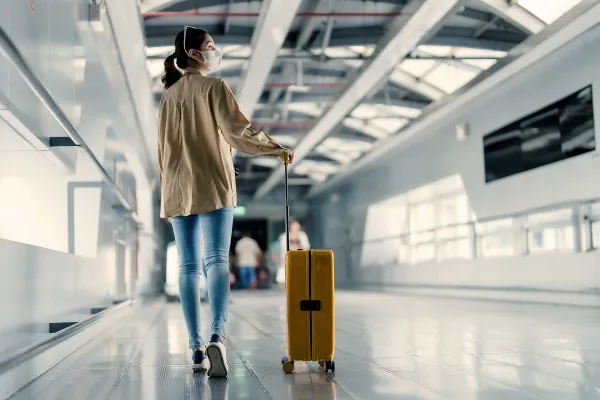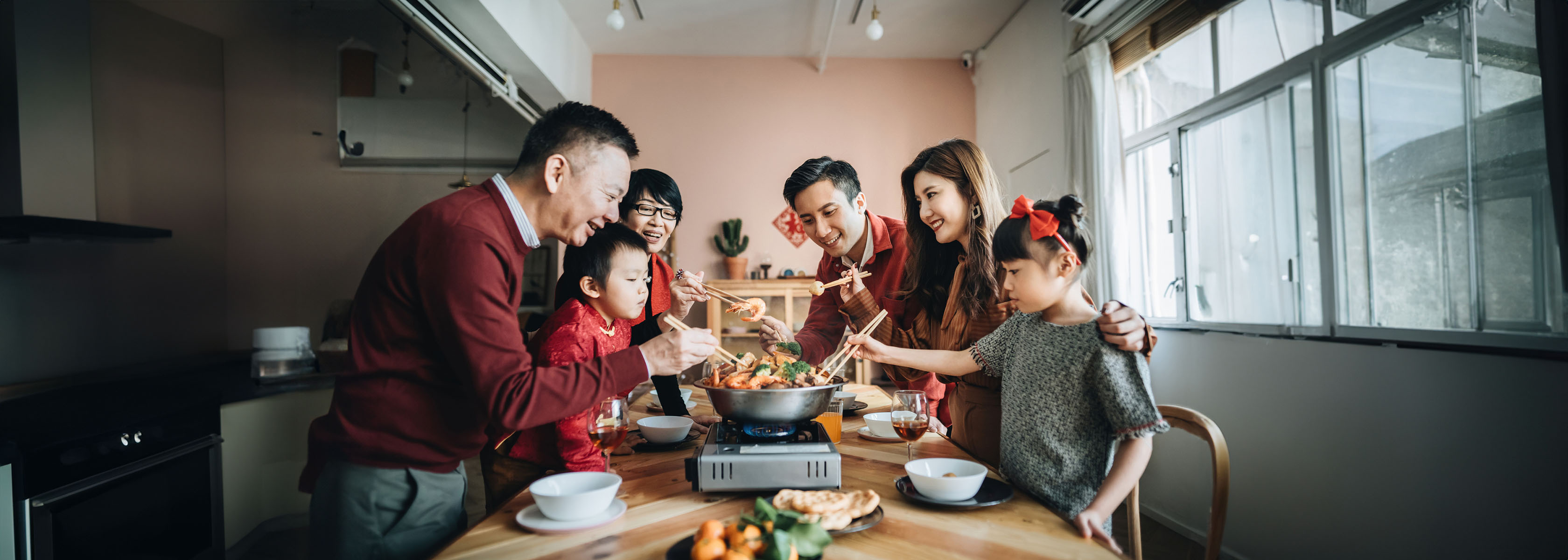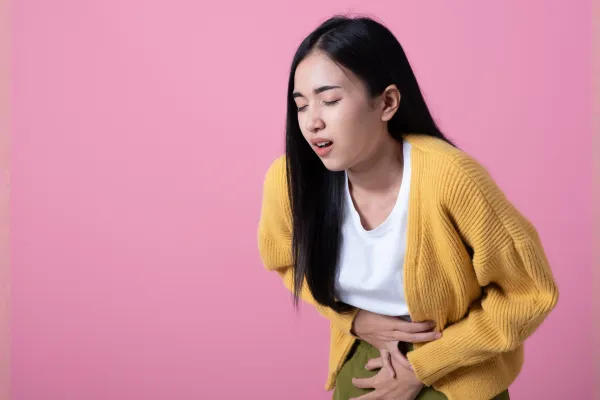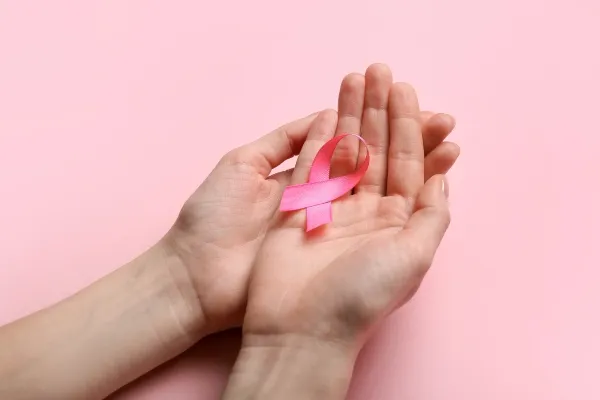Topics
The worst days of the COVID-19 pandemic may be behind us, but new variants of the virus are emerging and impacting regions worldwide.
Malaysia has experienced an uptick in cases in November and December 2023, emphasising the need for renewed vigilance. While we adapt to these changes, staying informed and practising safety measures to protect ourselves and our communities is crucial.
Being a multiracial nation rich in culture and tradition, Malaysia is unique in many ways. We are fortunate to celebrate an array of festivals such as Hari Raya, Chinese New Year, Deepavali, Christmas, and so on.
Festivals are certainly a time that we all look forward to. It is a time when we gather with friends and families to bond. Festivals are a great way to wind down, take a break from our hectic work schedules, and perhaps break into song and dance with our loved ones.
That said, the Ministry of Health (MoH) urged everyone to reinstate COVID-19 preventive measures following a significant increase in reported cases just before the year-end holiday season.
Health director-general Datuk Dr Muhammad Radzi Abu Hassan recommended that masks be worn during gatherings with friends and family in light of the alarming rise in cases during the 49th Epidemiological Week from 3-9 December 2023, which saw 12,757 new cases, nearly doubling from 6,796 cases in the previous week.
Malaysia’s Health Ministry also recently announced that it would activate 234 vaccination centres at government clinics to ramp up vaccination coverage.
COVID-19 Prevention Tips
Although restrictions and standard operating procedures (SOPs) have eased, and gatherings are allowed, COVID-19 is still prevalent. Practising precautions is and will be integral in our daily lives.
Let us be reminded of some ways that we can practise to stay safe during the festive seasons.
Be aware of the risk of COVID-19.
Although four years have passed, COVID-19 should not be taken lightly. It is always advisable for us to be alert and aware of the risk of COVID-19.Similar to other Southeast Asian countries like China and Singapore, Malaysia has seen a spike in COVID-19 cases driven by the new and highly transmissible JN.1 variant.
Therefore, staying informed and taking measures to curb the spread and reduce the risk of infection is prudent. If you host or attend in-person gatherings, take precautions, especially with young children and elderly people.
Stay home if you are sick.
Mask up properly, not just the mouth but the nose too.
Use face masks, particularly in crowded or enclosed spaces. High-risk groups, including the elderly, those with chronic diseases, individuals with low immunity, and pregnant women, should be extra cautious.
When wearing a mask, the first thing we must take note of is that a mask is meant to cover the mouth and nose. Wearing a properly fitted mask is one of the most efficient and effective ways to prevent the spread or infection of a virus. It is also important to wear a good mask with a good fit and filtration. Choose your mask wisely.
Avoid crowded places and unnecessary travel.
Minimise participation in large gatherings, events, or crowded places, especially in areas with high transmission rates.
Improve ventilation or spend time outdoors.
Improve ventilation (air moving in, out of or within a room) and filtration to prevent the build-up of virus particles in indoor air. Additionally, spend time outdoors whenever possible as viral particles have a higher likelihood of spreading between individuals indoors compared to outdoor spaces.
Plan a small get-together.
Call only close family members and friends if you are planning a party or get-together.
Wash your hands and maintain good personal hygiene.
- Handwashing: Wash hands frequently with soap and water for at least 20 seconds, especially after being in public places or touching surfaces.
- Hand sanitisation: Use hand sanitiser containing at least 60% alcohol when soap and water are unavailable.
- Avoid touching face: Refrain from touching your face, especially the eyes, nose, and mouth, to minimise the risk of virus transmission.
Get vaccinated.
Get vaccinated, including primary and booster doses, to reduce the risk of transmission, especially for high-risk groups.
Adherence to the TRIIS strategy (Testing, Reporting, Isolating, Informing, Seeking medical advice).
As part of the Malaysian government's ongoing efforts to manage COVID-19, the TRIIS strategy is crucial. It involves:
- Test regularly, especially if you have symptoms such as fever, runny nose, or cough.
- Report self-test results in MySejahtera.
- Isolate immediately upon testing positive to prevent further spread. Adhere to the Home Surveillance Order (HSO) and quarantine SOP by completing the Home Assessment Tool (HAT) in MySejahtera.
- Inform close contacts for them to monitor their symptoms and conduct self-tests if needed.
- Seek medical advice and assistance if symptoms worsen. High-risk individuals are advised to seek medical attention even if symptoms are mild.
If you or a family member is feeling under the weather, even with mild symptoms (sore throat, cough, runny nose), you should stay at home, get tested, and isolate yourself from others. Celebrations can wait.
Antiviral Drug Paxlovid
Paxlovid, an antiviral medication, has the potential to reduce COVID-19 symptoms and prevent the progression of the illness. High-risk individuals, including those aged 60 and above, with low immunity, existing health conditions, obesity, or a history of smoking, are recommended to consider Paxlovid treatment. The optimal effectiveness of Paxlovid is observed when initiated within 5 days of symptom onset.
Please visit a nearby healthcare facility for an initial medical assessment to ascertain your eligibility for Paxlovid.
Make an Appointment at Pantai Hospitals
As we continue to adapt to this evolving situation, let us prioritise public health measures, stay informed, and support one another. Remember, the power to mitigate the impact of this pandemic lies in our hands.
Pantai Hospitals have been accredited by the Malaysian Society for Quality in Health (MSQH) for its commitment to patient safety and service quality.












